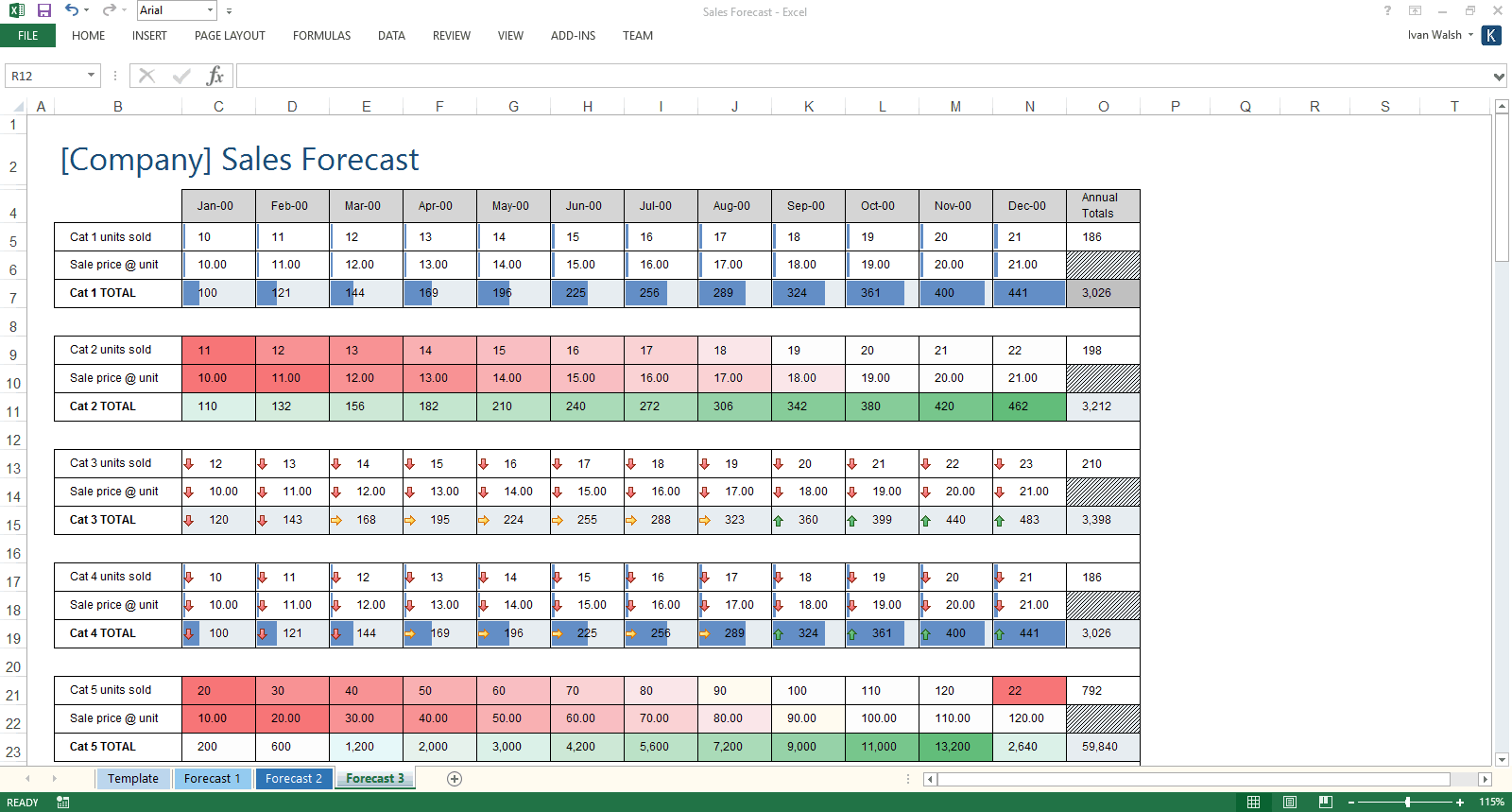Business Plan Templates
How to Write a ‘Plain English’ Business Plan
‘Why are business plans so hard to write?’
Before I answered the email I thought about it for a moment. I used to hate writing business plans but now find them much easier to write. As business plans are still the same, maybe it’s me. So, what changed?
[Learn more about these Business Plan templates here]
Business Plans: Developing a Writing Style
In retrospect, what held me back when I started to write business plans was myself. Or to be more clear, my attitude towards writing this type of document.
You know when you sit down to write and you already feel defeated? Well, that’s how I felt. The change came by accident. A friend desperately needed her business plan completed very quickly. It was the classic ‘last minute dot com’ scenario.
And the only way I could meet the deadline was to sit down, start writing, and ignore everything else.
Here’s the interesting thing. Because I didn’t have time to ape other business plan writers, I had to write it in my own style. That was the only way I could get it delivered on time. And it worked.
So, if you’re new to business planning (or other business documents) consider using the following guidelines:
Fact or Fiction
Stop trying to dress up the company for what it’s not. Stick to the facts. Be direct and avoid ambiguity. Don’t try to fudge your size, skills or personnel. These things will come out in the presentations anyway and you’ll look foolish.
For instance, don’t say you have an overseas office when, in reality, you have a PO number in Dubai. It might fool some of the people some of the time but…
Profits v Sales
Investors are very experienced in determining the (real) bottom line. You can say that your sales increased by 300%, but you’re fooling no-one. If you sold $100 last year, maybe you’re selling $300 this year. Percentages don’t impress seasoned investors.
Instead, focus on profits. How much did you really make? Sales minus total costs.
Hockey Stick Predictions
Yes, it’s nice to make predictions but keep them in line with current growth. If you tell me you ‘feel’ sales will increase 300% but can’t support this, I’ll stop listening. Here’s the takeaway. Write your business plan so others want to trust you, rather than giving them bad vibes when you’re presenting the data.
Zany Job Titles
You might think Chief Creative Officer is interesting but investors will want to know what that really means.
I would.
And I’ve seem nuttier titles. Chief Inspiration Officer? Weed out these juvenile titles. It distracts the investor from the business plan and sends out the wrong signals.
Lowball Pricing
Firms like Tesco can offer lower prices as they buy in bulk, get huge discounts, and buy/sell in different currencies. When you’re dealing with volumes, you can offer a lowball pricing structure. But that rarely works in high value, knowledge based industries.
Instead, look for ways to segment your market and offer a spectrum of products at different prices. Investors will respond more positively to this.
Use Stories
Investors invest in people.
Think about it. If you’re going to hand over 500k to someone you want to know their story. What drives them? What made the create this product from scratch? How will they overcome all the difficulties that lie ahead? (Of which there are many).
Include you salary in the expense report
Don’t fudge the expenses by removing your own salary, expenses, and other costs. While you may have worked for free during the startup phase, for the business to work, you need to get a salary and other associated costs.
Factor these into the business plan as otherwise investors will feel you’re manipulating the figures to make the profits look more attractive.
Conclusion
Weave your own story into the narrative of the business plan.
Only by doing this will you be able to make your proposal stand out. The missing ingredient in most business documents is personality. Not a glitzy Hollywood personality but something readers can relate to.
Looking for an example? Read Warren Buffett’s annual reports to his shareholders, especially the older ones. Then compare with reports from Dell, IBM, or Microsoft.
See the difference?

[Learn more about these Business Plan templates here

